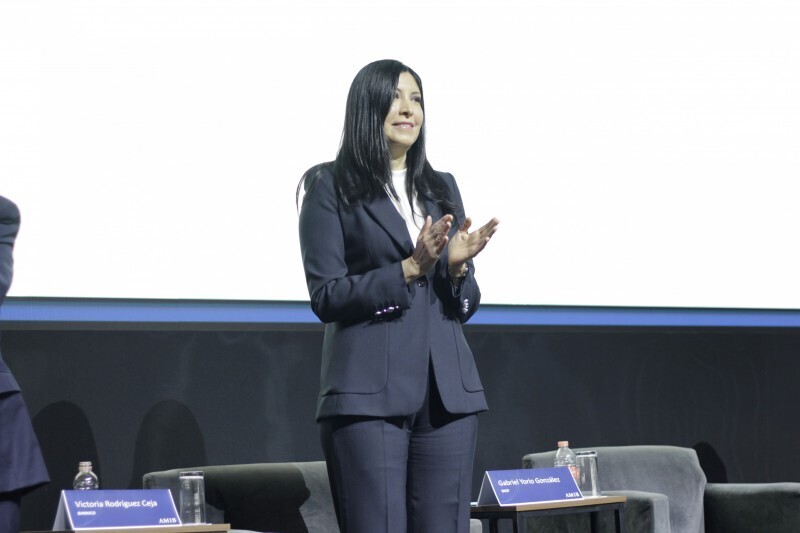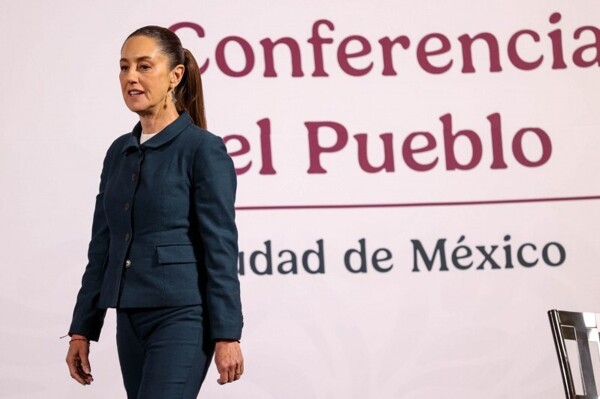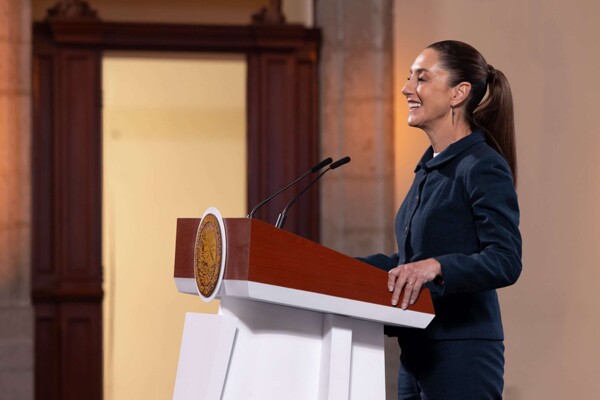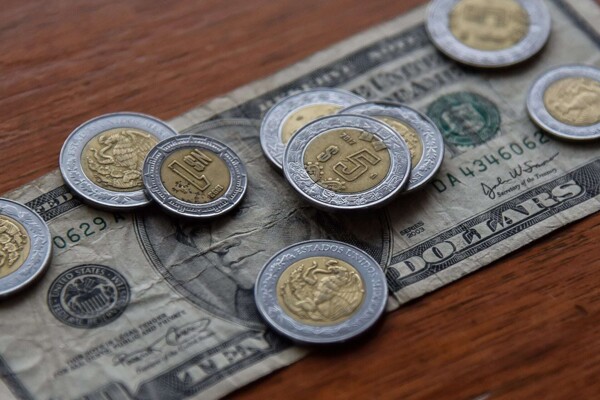
According to the Central Bank, the interest rate will remain restrictive for the economy, despite inflation being within the established range and standing at 3.69% in the first half of January. It has been mentioned that the market remains alert to potential risks, including impacts from the Trump administration. The Mexican peso has gained ground against the dollar, and the direction that both Mexico and the Federal Reserve of the United States will take regarding economic policies is being discussed.
Amid criticisms of Banxico's strategy to reduce inflation, it is expected that the Bank of Mexico will continue with interest rate cuts in February. A recent survey shows that the majority expect another cut on February 6, despite the fact that in recent meetings, the adjustment has only been 25%. Deputy Governor Espinosa, who is critical of this stance, will not be present at the next meeting, and her replacement has not yet been nominated.
Some analysts have suggested that, given the restrictive level of the interest rate and the proximity of inflation to the central bank's target, there may be room for further cuts. Globally, it is expected that most central banks will continue to reduce interest rates due to improvements in inflation and economic slowdown.
The return of Donald Trump to the presidency of the United States has had little impact on financial markets, which are closely monitoring the early days of his administration. Carlos Capistrán has expressed his opinion on this matter, highlighting the importance of trust in the central bank for economic stability.














